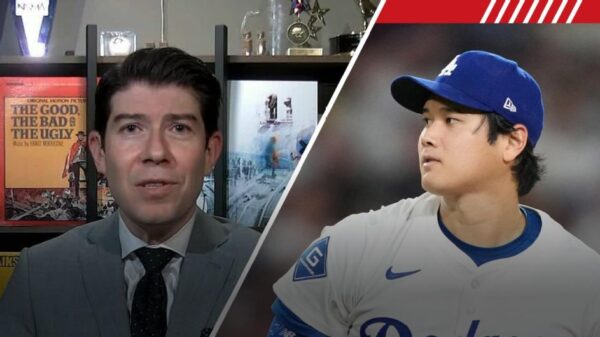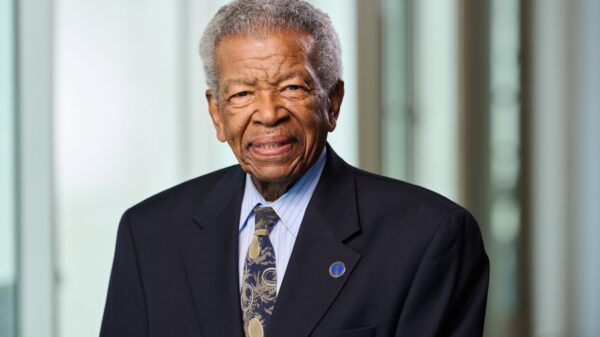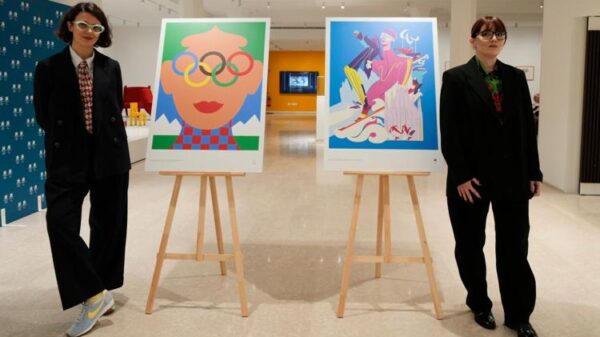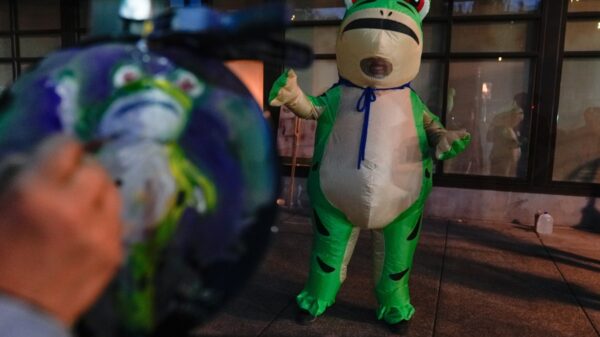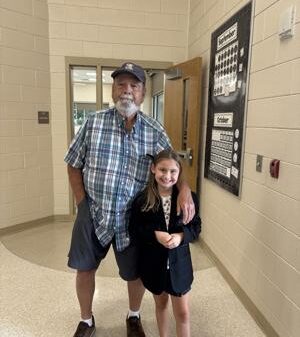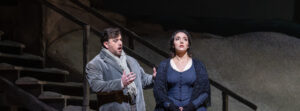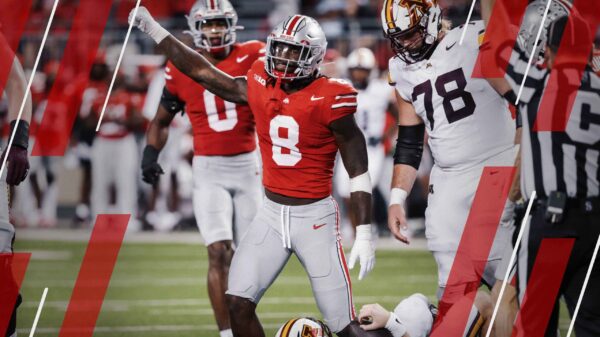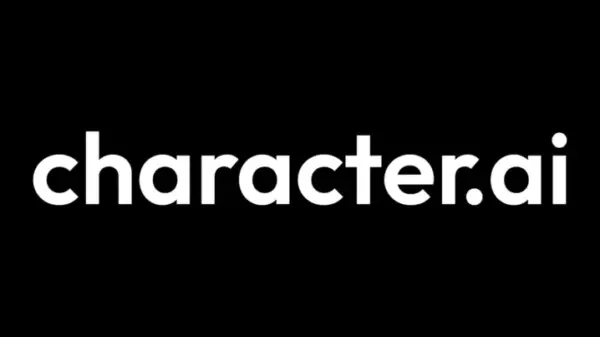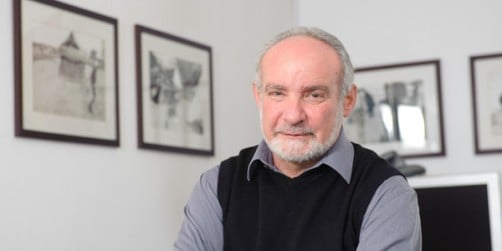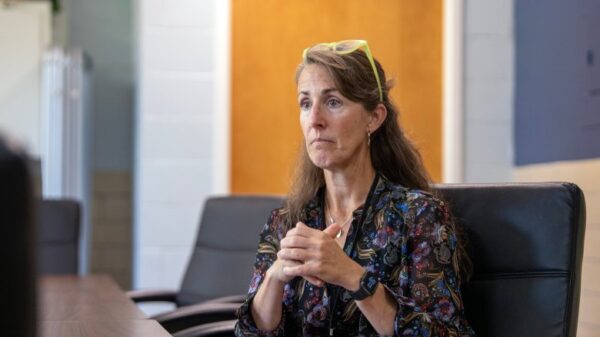Austrian writer-director Angela Summereder presents a unique cinematic interpretation of Herman Melville’s acclaimed short story, “Bartleby, the Scrivener: A Story of Wall Street,” in her new film, B for Bartleby. The film, which premiered at Doclisboa, is currently screening at the Viennale, and it aims to explore the complexities of translating literary works into film.
The synopsis of B for Bartleby details its exploration of “the impossibility of translating written language into images and sounds.” Summereder draws on various adaptation styles, including Melville-themed tours and theatrical performances, to reflect her late partner, Benedikt Zulauf’s, aspirations to create a film based on the story. Zulauf, who acted in Straub-Huillet’s “Geschichtsunterricht” (1972), often discussed the challenges and artistic vision behind adapting “Bartleby” for the screen.
As the film unfolds, audiences witness Summereder’s personal struggles and hesitations, which infuse the project with a rare emotional depth. The film stands out within the often solemn genre of essay films by inviting viewers into the filmmaker’s creative process. “It actually came about out of necessity because it was clear to me that I didn’t want to make a classic film adaptation of a literary work,” Summereder explained in a recent interview. She acknowledges the complexity of Melville’s story, which made traditional adaptation methods unfeasible.
Zulauf initially proposed the idea of collaborating on a “Bartleby” film when they first met, but it took years for the concept to resurface. After his passing, Summereder found inspiration in tapes of their discussions about the project. “Listening to them was really interesting… there was also his sense of urgency, which really touched me,” she recalled. This led to the realization that the film could effectively explore the challenges of filmmaking itself, as well as the endeavor to adapt “Bartleby.”
In a notable departure from the original text, Summereder’s film includes female characters, offering a fresh perspective on Melville’s narrative, which is traditionally set within an all-male environment. She noted that while Melville’s characters lacked female presence, his personal life was enriched by the women around him, including his wife and daughters. The film features a trio of women who serve as mediators in the story, contrasting with the solitary nature of the male characters.
Children also play a significant role in B for Bartleby, as they engage in reading and discussing the story. Summereder collaborated with a youth center, fostering intergenerational dialogue and community involvement. She expressed her desire to create an authentic exchange rather than a superficial filming process. In a delightful twist, the film also showcases young rappers working on beats and lyrics inspired by “Bartleby,” adding a contemporary layer to the classic narrative.
Overall, B for Bartleby offers a rich cinematic experience that transcends traditional film structures. Summereder’s approach emphasizes emotional engagement rather than strict realism, inviting viewers to connect with the story on a personal level. Looking ahead, she plans to continue this hybrid filmmaking style in her next project, which will explore themes of motherhood and climate, drawing inspiration from the Percival epic.
As audiences dive into the complexities of B for Bartleby, they are invited to reflect on the intersection of literature and cinema and the myriad ways stories can be told.



